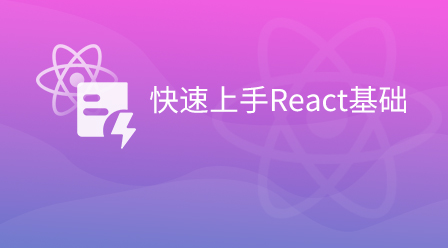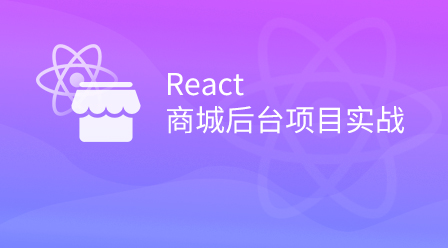PHP是一种非常流行的服务器端脚本语言,广泛应用于Web开发。在Web开发中,API是非常重要的组成部分,负责与客户端进行通信。其中,API的性能和效率对于一个应用程序的用户体验非常重要。在API开发过程中,缓存和冗余数据是两个重要的概念,本文将介绍如何在PHP中处理它们,以提高API的性能和可靠性。
一、缓存概念
缓存是一种在Web应用程序中广泛使用的优化技术。它是将数据存储在内存中或者磁盘上,以便后续操作可以快速访问它们。缓存可以减少数据库和网络I/O的使用,从而提高应用程序的性能和响应时间。
在API中,缓存通常是用来存储频繁访问的数据,如用户信息、配置文件、静态文件等。API可以使用缓存库,如Memcached或Redis,来存储这些数据。缓存可以设置过期时间,以便确保缓存中的数据与源数据保持一致。过期时间可以根据数据访问频率来动态设置。
在PHP中,可以使用缓存库的API来存储和读取缓存数据。例如,使用Memcached库,可以使用以下代码来设置和获取缓存数据:
// 连接到Memcached服务器
$memcached = new Memcached();
$memcached->addServer('localhost', 11211);
// 设置缓存数据
$memcached->set('key', 'value', 3600);
// 获取缓存数据
$value = $memcached->get('key');上面的代码将数据存储在Memcached服务器上,并设置了一个过期时间为3600秒。当需要访问缓存数据时,可以使用get()方法从缓存中获取数据。
二、冗余数据概念
冗余数据是指多个地方存储相同的数据的现象。在API中,冗余数据通常发生在数据复制、分片、缓存等场景中。例如,在使用数据库分片时,可能会将相同的数据存储在多个数据库中,以提高可靠性和性能。然而,冗余数据也可能会导致数据不一致和消耗更多存储空间。
在处理冗余数据时,API需要确保数据的正确性和一致性。API需要定义清晰的数据模型,并确保每个数据存储位置的数据都正确。API也需要确保在更新数据时,所有数据存储位置的数据都被更新。
在PHP中,可以使用ORM库,如Doctrine或Propel,来更好地管理冗余数据。这些库提供了一个强大的映射层,可以将数据库表映射为PHP对象。这些ORM库还提供了一些高级特性,如数据库迁移和命名空间,可以更好地管理数据模型和数据存储。
三、如何处理缓存和冗余数据
在API开发中,处理缓存和冗余数据是非常重要的。下面是一些关于如何处理缓存和冗余数据的技巧:
总之,在API开发中,处理缓存和冗余数据是非常重要的。API应该定义清晰的数据模型,并使用缓存和ORM库来提高性能和可靠性。API也应该进行测试,以确保数据的一致性和正确性。
以上就是PHP中API如何处理缓存和冗余数据的详细内容,更多请关注php中文网其它相关文章!



Copyright 2014-2023//m.sbmmt.com/ All Rights Reserved | 苏州跃动光标网络科技有限公司 | 苏ICP备2020058653号-1
| 本站CDN由 数掘科技 提供